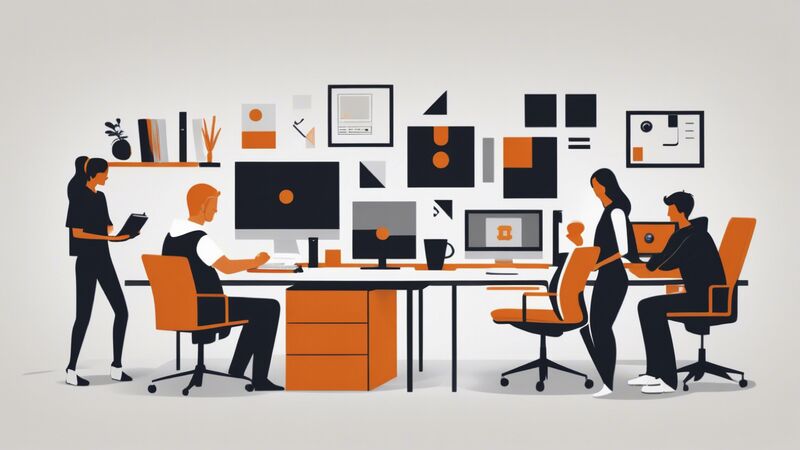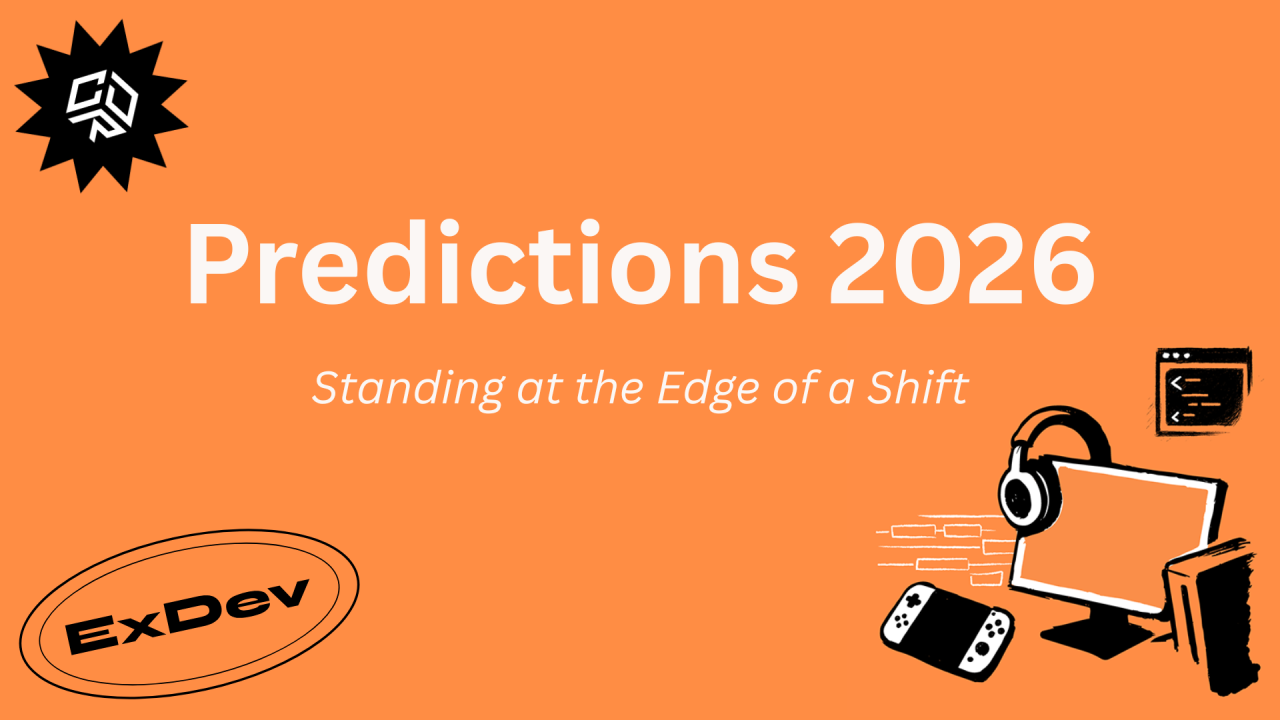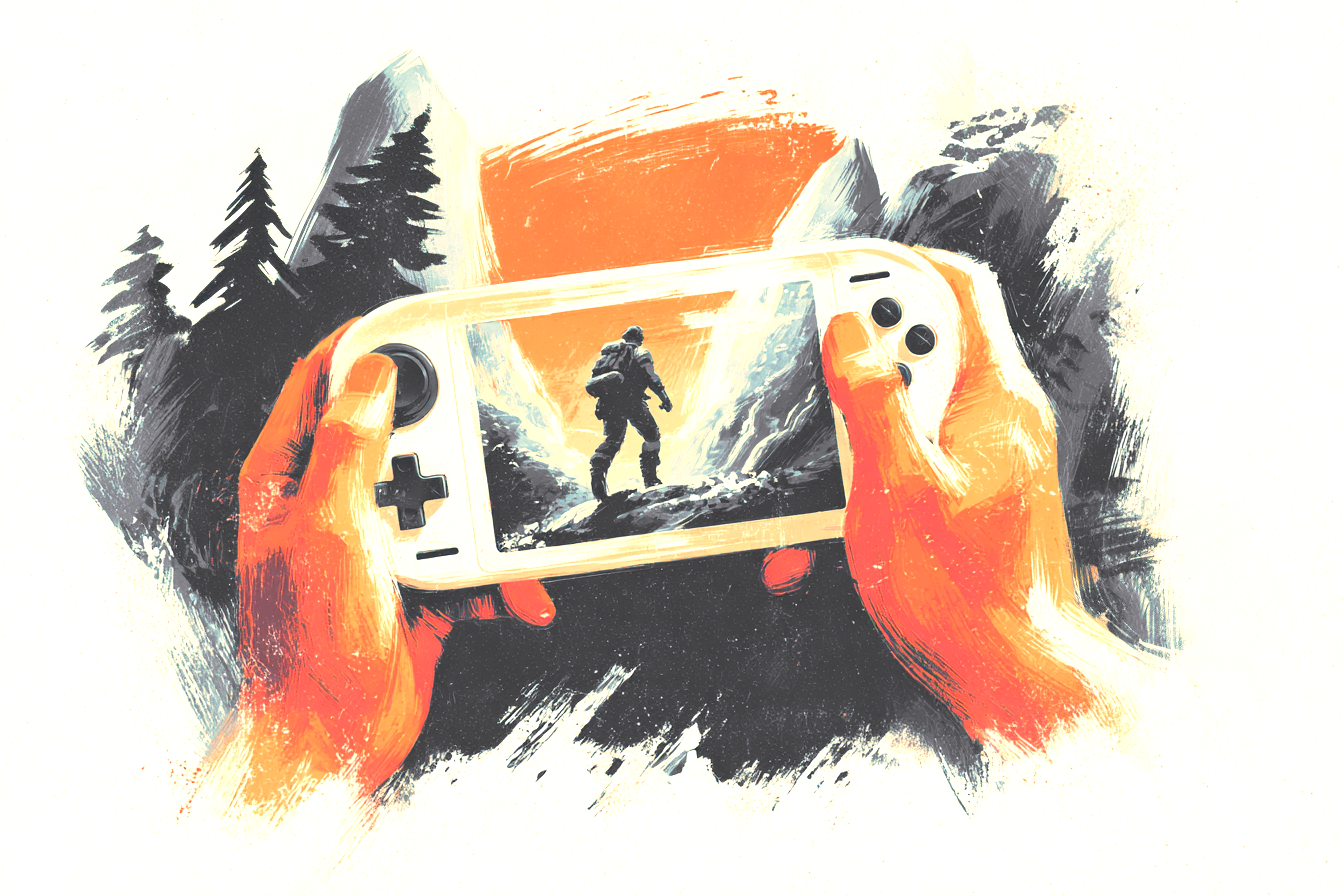Early in my career, whenever I needed to find a development partner, I'd pose the same question to my network that most people do: "Who do you know that’s good?"
It seemed reasonable at the time. We all want to work with good teams, right? But after years of searching for and working through partnerships in the games industry, I've learned that "good" isn't specific enough. In fact, it's not even the right question.
Imagine you're developing a mobile mini-golf game and you make the decision to bring on an external developer. Two teams lie before you:
- Studio A has a successful 10 year track record delivering mobile games as a for-hire studio.
- Studio B has less experience overall, but has shipped five mini-golf mobile games.
I’d bet Studio A is absolutely capable of building your game. They've got proven technical chops and a solid track record.
But Studio B has already solved the exact problems you're about to run into (you just don’t know it yet). They’ve figured out the quirks of golf ball physics. They've learned how to create mobile-friendly course designs. They even have a good camera system players never have to fight with.
With Studio A, they’ll need time to learn those nuances. Time you’ll be paying for. Studio B, on the other hand, can hit the ground running, delivering exceptional value with their specialized experience.
And the good-for-you concept goes beyond just technical capabilities and specific experience. When evaluating partners, I learned to consider things like:
- Strategic Fit: Does your project align with the studio’s goals, making it a priority they’re passionate about rather than just a job to support their bottom line?
-Working Style: Does their communication and feedback cycles match your team's rhythm?
- Availability: Can the studio comfortably handle your project alongside their current commitments?
- Team Chemistry: Beyond skills, will their team culture blend well with yours?
I've seen countless partnerships struggle not because of a lack of skill or talent, but because these deeper compatibility factors weren't evaluated upfront.
Another way to put it: you wouldn't hire an artist just because they're "good at art." You'd want to know about their specific art style, their underlying motivations and their overall ability to work within your team structure. The same detailed evaluation should apply to all external partners.
I’ve thought about this stuff way too much since my early days of partnership sourcing. Ultimately, I learned that success isn't just about finding a "good" studio. There’s a lot of talented studios out there. It's about finding the right studio for your specific project, team, and goals.
Next time you're looking for a development partner, try changing the question. Instead of "Who's good?,” ask "Who has solved problems like mine before?" The answer might surprise you–and lead to a much more successful partnership.





